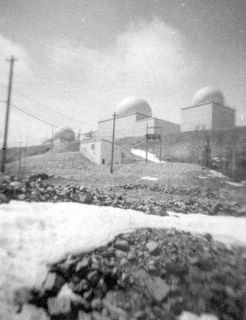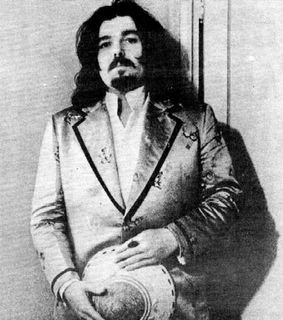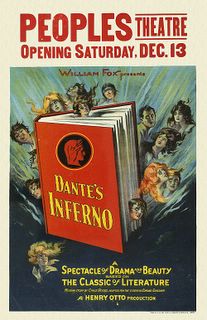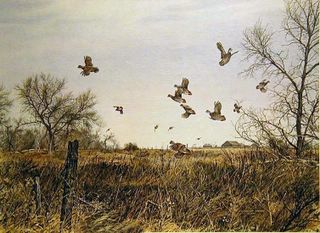
sleeve notes from the late John Fahey's great 1983
Railroad I"FRISCO LEAVING BIRMINGHAM
Memory of a steam train I saw one night a long time ago. I watched it firing up, picking up speed and then barreling through Bukka White territory (North- eastern Mississippi) to Memphis. Destination, Springfield, Missouri. Where it went, it was dynamite. Real name, Saint Louis-San Francisco Railway Company. But it never got anywhere near "Frisco." It had a government charter to build out that far west, but it sold the charter to the Sante Fe. Now it's part of the Burlington Northern
Empire.
ONEONTA
There's a railroad yard there. It's part of the Delaware and Hudson R.R. Corp. I saw this line in 1948 as I was leaving Secret Caverns at Howe's Cave, New Tork, I love the D &H logo, and there's something eerie about that valley it runs through along the Sesquehanna from Albany to Binghamton. Valley of Desolation. Something frightening about that road. The sunsets around there are pure pantheism. Grandma
Moses, Hudson River School and books by William Kennedy. I go through there every summer. I have to.
SUMMER CAT BY MY DOOR
The Chessie. I grew up beside it. Back then the Cat was called the Baltimore and Ohio. It went by HER house on the suburban line. I was warned about the Cat and what it could do to you on a summer afternoon. And believe me, it did it to me. It was hot and I was only 14. It got me. There was simply nothing I could do. And
nobody could help. Nobody. But, it didn't kill me. Not completely anyway. In the end, of course, the Cat or the Dog will get you. Just like the Cat got HER too. I know this line too well to let you off with a cute aphorism. I know what can happen. Watch out.
STEVE TALBOT ON THE KEDDIE WYE
First he worked on the Espee, later the Western Pacific. He used to tell me hair-raising stories about running down out of the mountains and hitting the Wye and the tunnel at Keddie, California going west. Feather River Route. Now, I hear the whole town's for sale. Nevertheless, the Union Pacific bought the W.P. Something's up.
AFTERNOON ESPEE THROUGH SALEM
I live here by the mailine. Can't get away from it. I hear it all day and all night. A great chord, but what the hell is it? Not the same as the Great Canadian (minor) Triad. One of the tunes here I learned from Bukka White who was a good friend of mine and who was also obsessed with trains. (They got him at the end.) The verse
ran:
This train I ride,
It don't burn no coal,
Oh, it don't burn no coal
I should have asked him before he died: Was he singing about a diesel - or a "spiritual" train, or what? But the question only occurred to me too late. We get a lot of U.P. engines and cabs on the S.P. mainline here because of a pooling arrangement which the two railroads have. They meet in Portland. The "Friendly" is talking merger with the Cat. If they do that, I'll be back home again. The Cat is following me. See what I mean? You can't get away from them. No way out really. It's just a matter of time.
ENIGMAS AND PERPLEXITIES OF THE NORFOLK AND WESTERN
Always on the edge of my habitat, my periphery. Where does it come from? Where does it go? I have the impression that at night it changes its road beds and changes where it comes and goes. It won't stay still. Not like the other roads at all. It's irrational. You might wake up some morning and find it going by your house - or through your backyard. And then the next day it's gone! Sometimes it's there and sometimes it's not. What more can I say?
CHARLIE BECKER'S MEDITATION
Once he stayed up very late and thought about things. Maybe more than once. I wonder if he came to any conclusions. He's a conductor on the Mount Hood Railway, a branch line of the Union Pacific. Neat guy.
MEDLEY: IMITATION TRAIN WHISTLES/PO' BOY
Bukka White and I co-authored Po' Boy. He sang this song and played it in open G (Spanish). I arranged it so I could play the tune and the accompaniment in open D major. Not the same song as "Poor Boy A Long Ways From Home" which I have recorded elsewhere. Bukka got these two songs mixed up too, occasionally.
LIFE IS LIKE A MOUNTAIN RAILROAD
I ask you, is it?
DELTA DOG THROUGH THE BOOK OF REVELATION
This song rises off the Yazoo-Delta tracks (ICG now). They're very hot in the Northwest Mississippi bottom land. When I see the sun going down on the flat orange horizon, I know it's waiting for me. If you ever see it you'll never be the same. Charley Patton knew all this, but he got caught. He saw the "Dog" in front of the evening sun once. And that's what got him. And it may get me too. "




















